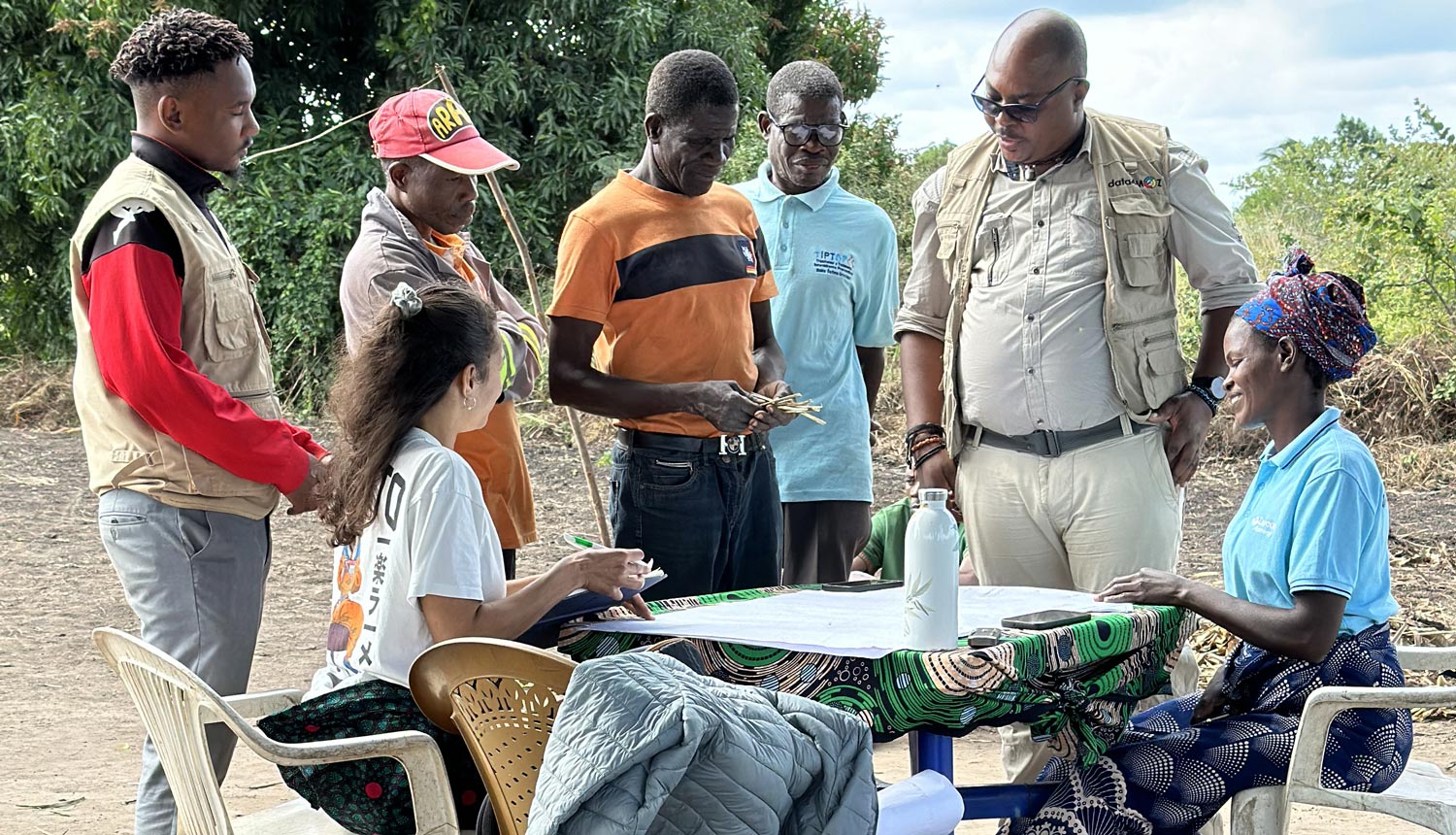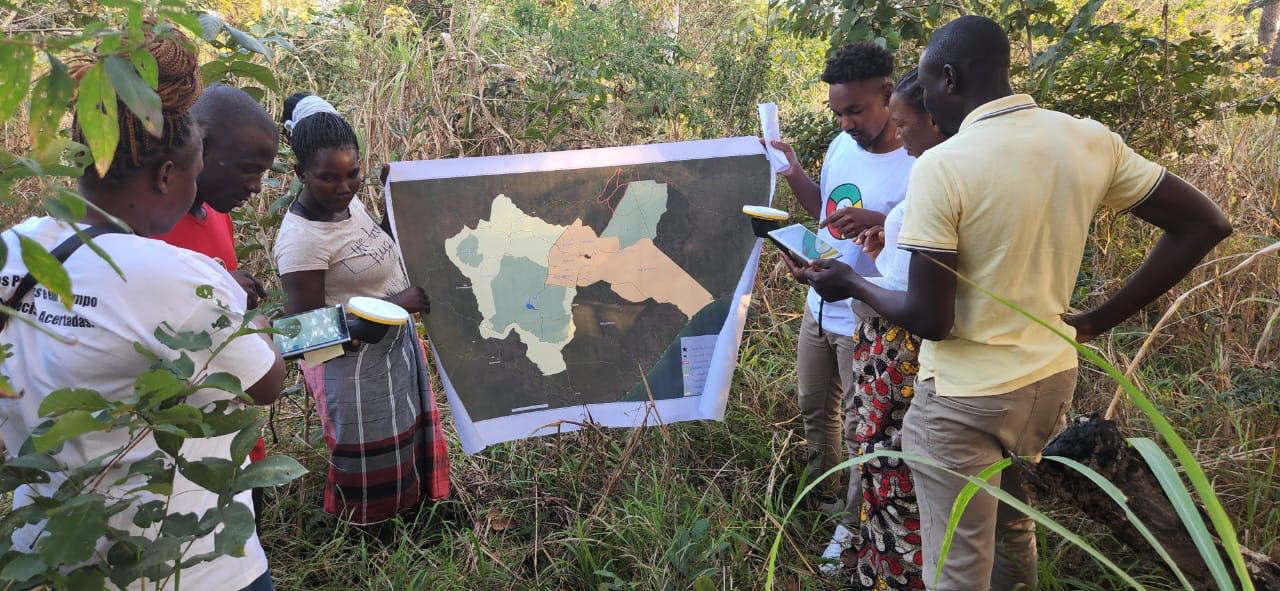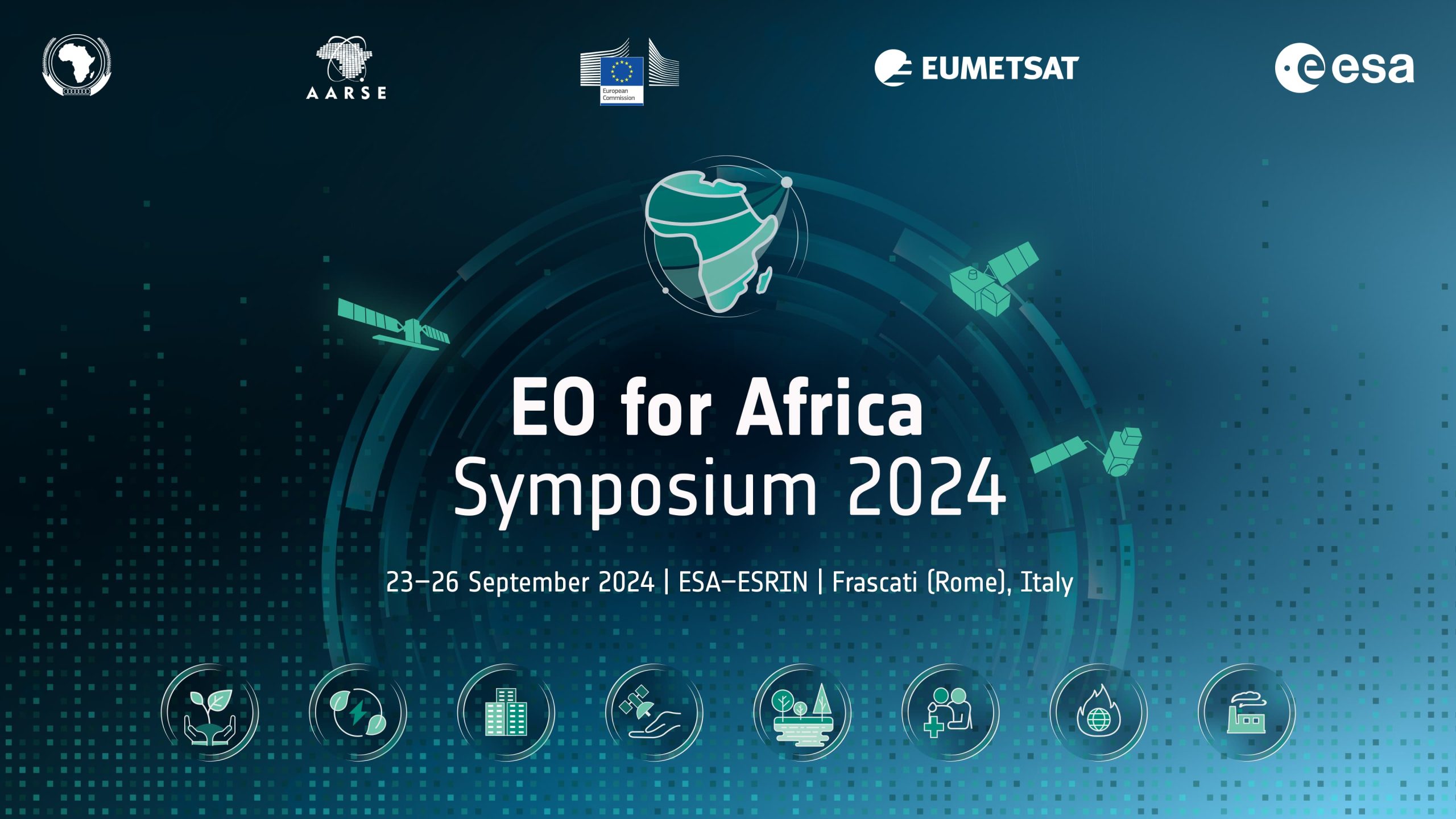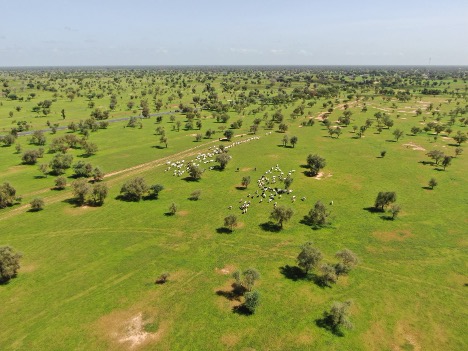
News
16 December 2024
Exploring the intersection of mathematics and land-use in Africa with Rebecca Varney
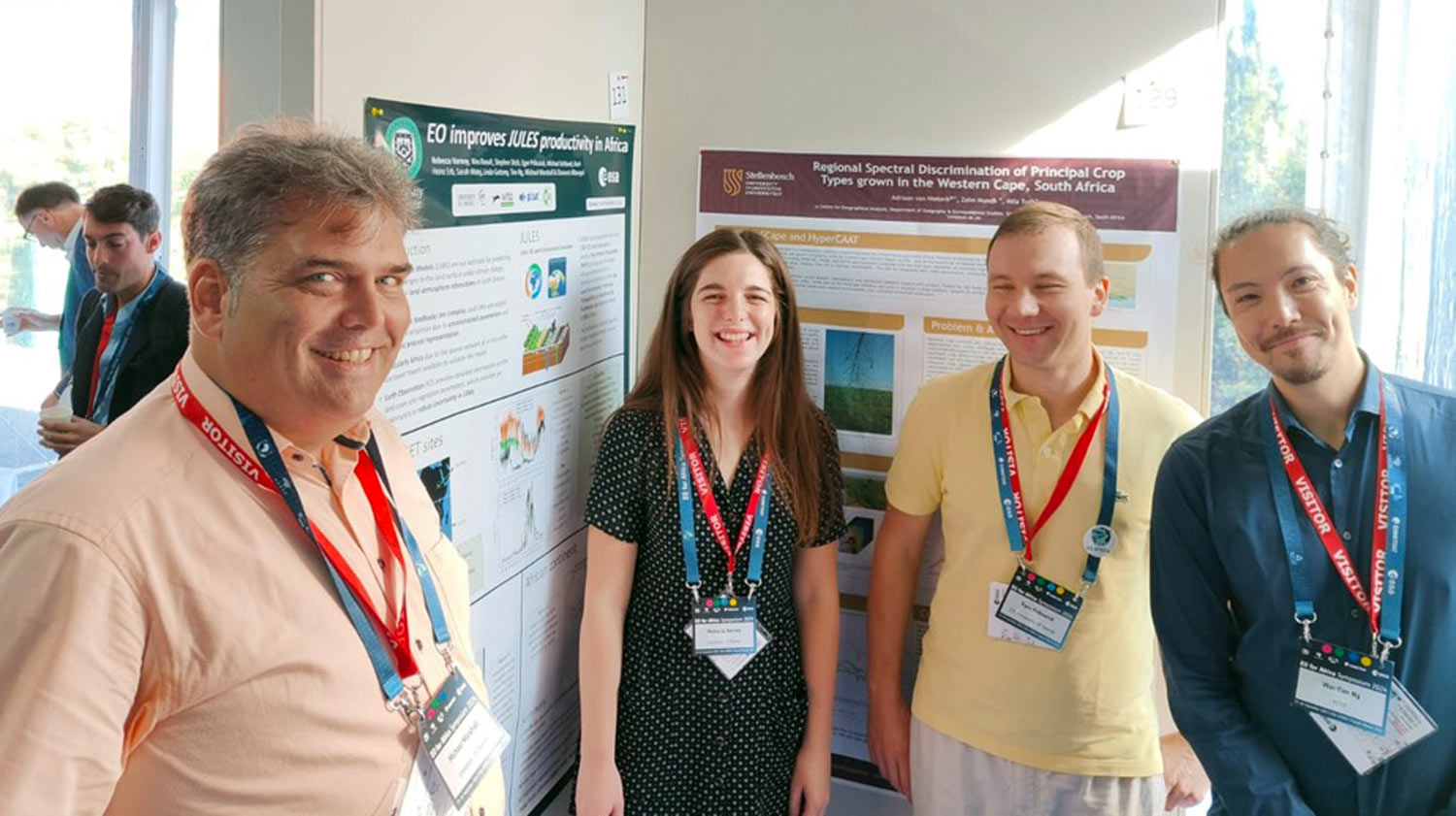
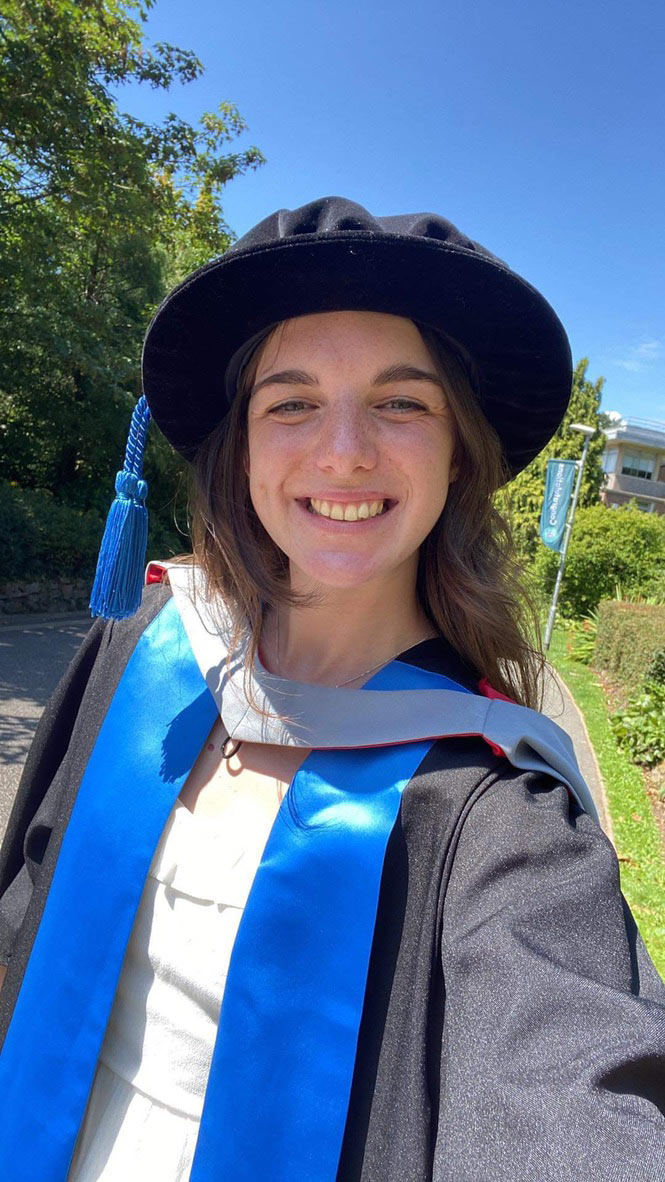
We interviewed Rebecca to learn more about her role in LUISA and her perspectives on land-use modeling.
Rebecca Varney is a postdoctoral researcher at the University of Exeter (United Kingdom) who exemplifies the power of interdisciplinary science within ESA’s LUISA project.
With a background in mathematics and a passion for climate science, Rebecca Varney is leveraging her expertise to improve the understanding of the impact of land-use in Africa on the global carbon cycle with large-scale mathematical models.
From math to climate
Rebecca’s academic journey began with a bachelor’s degree in mathematics at the University of Exeter, where she grew an interest in climate science as a practical application of mathematics. After finishing her bachelor’s, she completed an MSc in climate and fluid dynamics, bridging her background in mathematics to important global environmental challenges.
This expertise was further cultivated during her PhD, diving into carbon cycle research and Earth’s system models. Her work centered on understanding how CO2 emissions alter natural carbon fluxes, and methods to reduce uncertainty in predictions of climate change using large-scale global models.
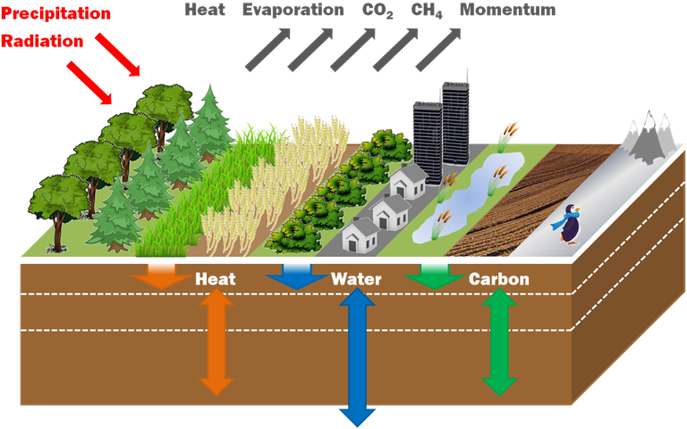
“Variables like CO2 emissions and rising temperatures influence how much CO2 can be absorbed by vegetation during photosynthesis and released from the soil via respiration. We can simulate these processes using mathematical models to understand and quantify how much carbon will be in the atmosphere,” Rebecca explains.
A unique role in LUISA
Now, as a post-doctoral researcher, Rebbeca is contributing to LUISA by using the UK land surface model to simulate the impacts of human activities, such as farming and pastoralism, on vegetation in Africa.
“We can run a model over the 20th century and compare it to the start of the 21st century to investigate the impacts of humans on vegetation in Africa,” she says. This involves creating detailed maps of Africa’s vegetation productivity and comparing scenarios with and without human land use changes.
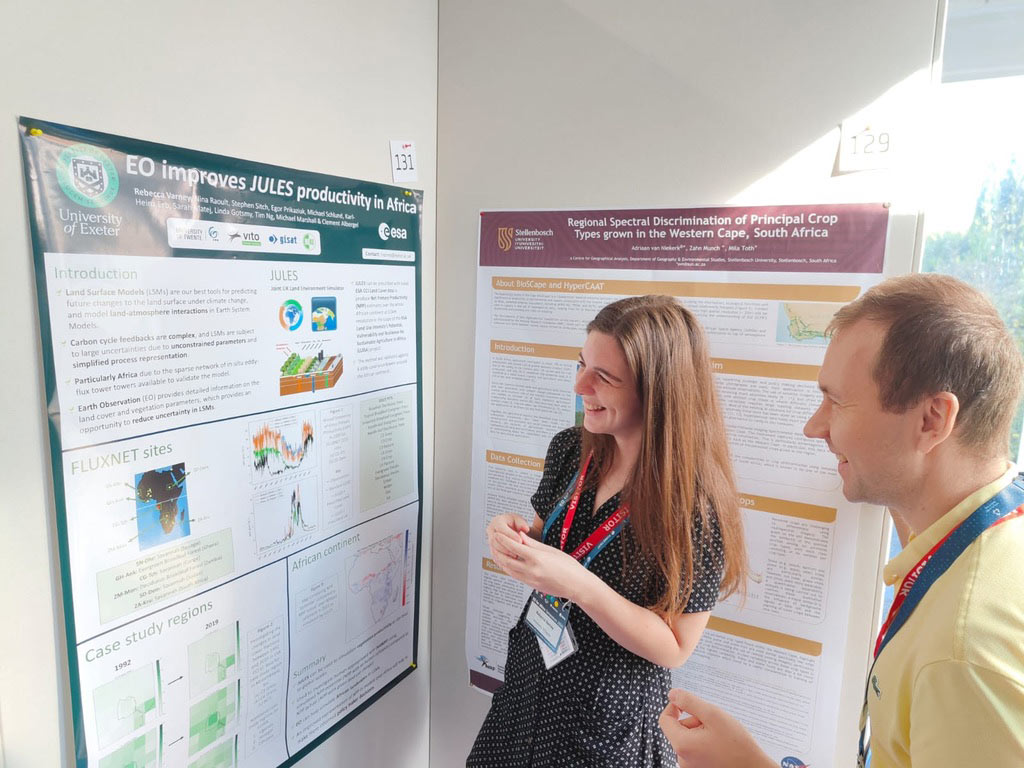
Using accurate data in these models is one of the biggest challenges of her work, as “African landscapes aren’t represented as well as other regions in the models,” she notes. By incorporating satellite data from the European Space Agency (ESA), the LUISA team aims to improve the accuracy of their simulations, “The more observational data we have, the better our models will be.”
Artificial Intelligence in Mathematical Models
Rebecca is excited about the future of her field. According to her, “Large-scale models from all over the world are getting more and more complex. Researchers are starting to include as many biogeochemical processes within our models as possible, but that makes it computationally more expensive.” She also sees a role for machine learning in complementing traditional modeling techniques; “I think there’s space for both AI and machine learning, but it won’t replace the physical modeling”.
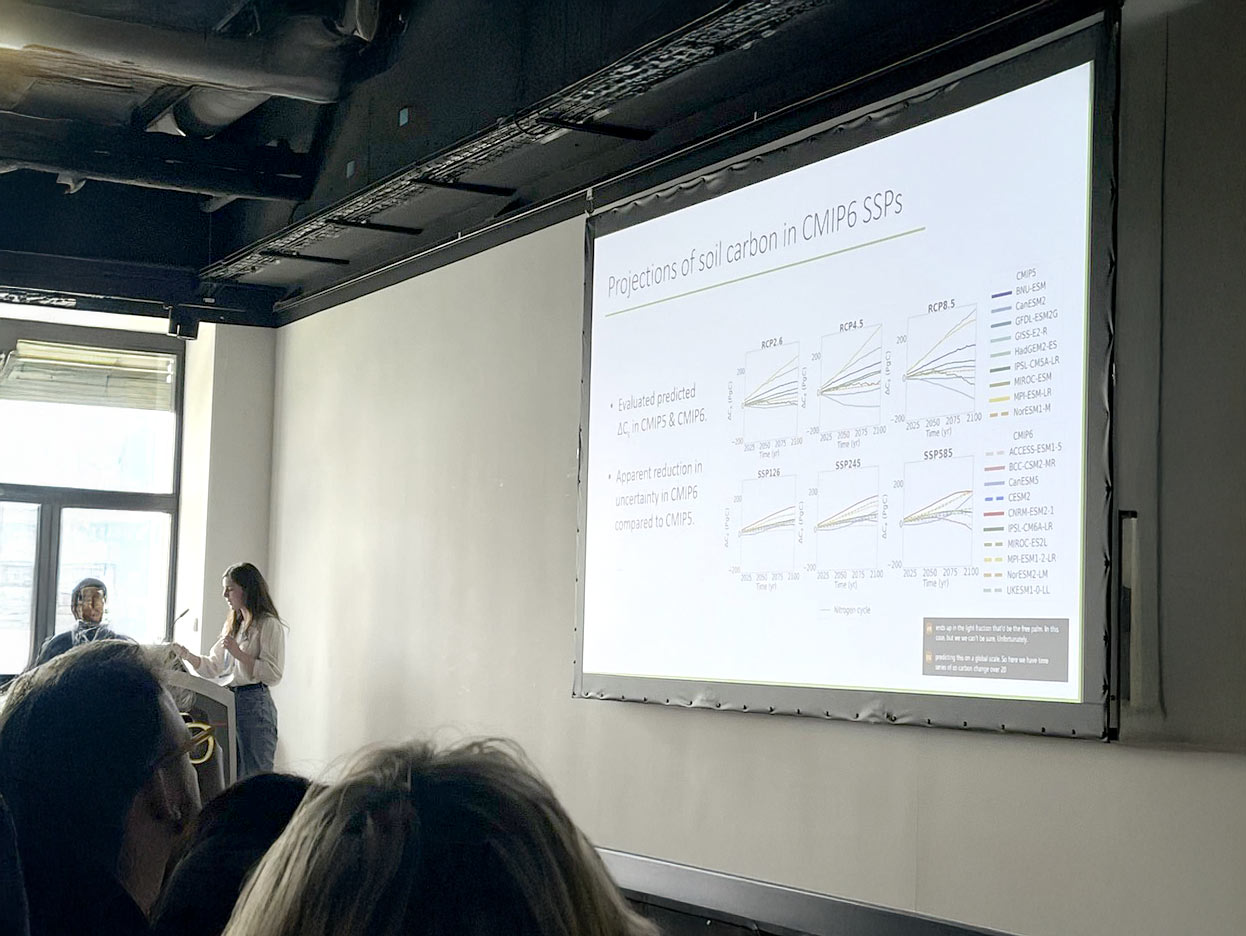
Rebecca’s work is still ongoing, but she is optimistic about the potential findings. “We’re currently looking into the impacts of drought and recent climate change on vegetation productivity,” she indicates. Her contributions as part of ESA’s LUISA will pave the way for more accurate and sustainable land use policies in Africa.
